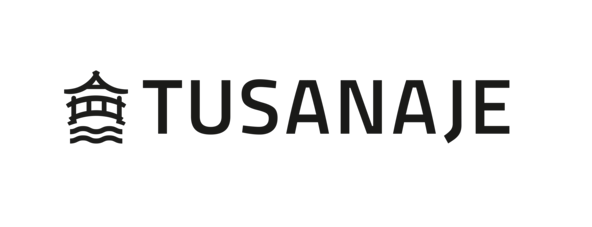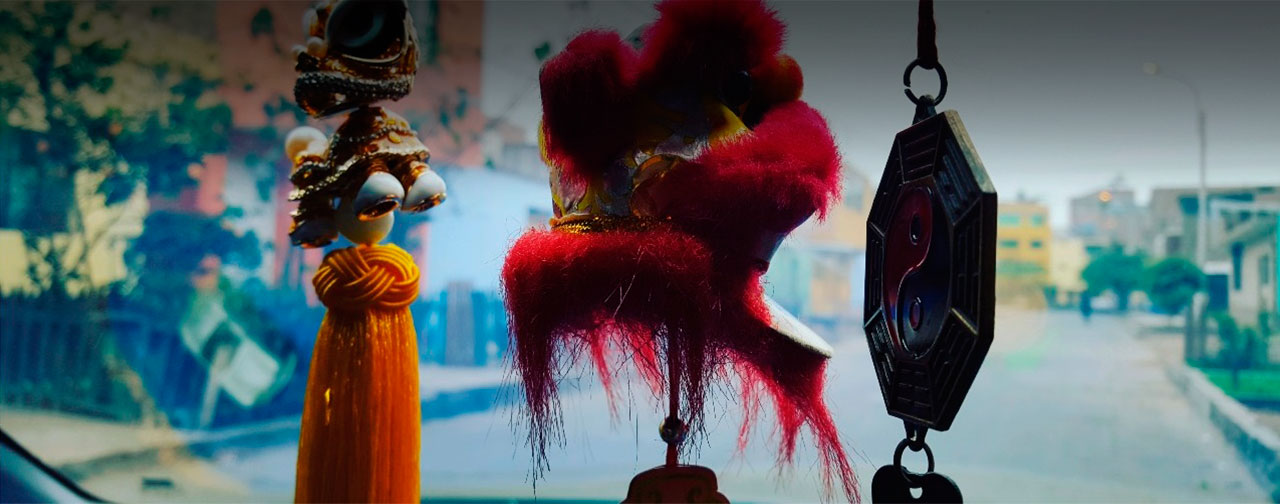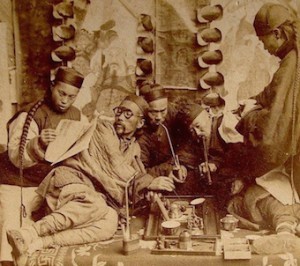[EN/ES/CH] London, UK: Tea and Opium
- [EN/ES] Today in Chinese History (28 August 2014): Shakespeare and the Taichang Emperor - 28 agosto, 2019
- [EN/ES/CH] Guiping, Guangxi: The Taiping Rebellion - 19 marzo, 2019
- [EN/ES/CH] Guangzhou, Guangdong: Foreign trade - 25 febrero, 2019
(Originally published in the blog of My China Roots).
[English]
Who would have thought that the preservation of the ever so civilized ‘tea time’ would drive the British to instigate nationwide drug addiction and a ‘century of humiliation’ in China?
By the 18th century, Britain was drinking so much tea from China that it had built up an enormous trade deficit. Eager to reduce the deficit, Britain tried to import tea from India and export European clothes to China. However, tastes are hard to change and the British stuck to their Chinese tea just as stubbornly as the Chinese stuck to their own silk.
Opium
Everything changed when the British started selling opium to the Chinese. The opium poppies were grown in India and traded through the overseas Chinese in southeast Asia. Not only did Britain succeed in turning the trade imbalance to its favor, it also increased China’s opium addict population 50-fold between 1820 and 1835, with disastrous impact on Chinese society. In response, the Qing Court put a stop to all opium imports.
War
Shareholders at the East India Company’s headquarters in London, who made a 2000% profit on opium sold to China, were not amused. And so, in June 1840, a British force of 15 barracks ships, 4 steam-powered gunboats and 25 smaller boats with 4000 marines reached the coast of Guangdong. The First Opium War had started.
[Español]
¿Quién podría imaginarse que para preservar la civilizadísima “hora del té” los británicos impulsarían una adicción a las drogas a nivel nacional y provocarían “el siglo de las humillaciones” en China?
En el siglo XVIII, Gran Bretaña había bebido tal cantidad de té chino que había acumulado un enorme déficit comercial. Ansioso por reducir el déficit, Gran Bretaña intentó importar té de la India y exportar ropa europea a China. Sin embargo, los gustos son difíciles de cambiar y los británicos siguieron tan obstinadamente apegados al té chino como los chinos a su propia seda.
Opio
Todo cambió cuando los británicos comenzaron a vender opio a los chinos. Las amapolas de opio se cultivaban en la India y se comercializaban a través de chinos de ultramar en el sudeste asiático. Gran Bretaña no solo logró virar el desequilibrio comercial a su favor, sino que también aumentó 50 veces la población de adictos al opio en China entre 1820 y 1835 dejando un impacto desastroso en esta sociedad. La corte Qing puso fin a todas las importaciones de opio en respuesta al problema.
Guerra
A los accionistas de la East India Company con sede en Londres, que habían obtenido una ganancia del 2000% con el opio vendido a China, no les hizo mucha gracia. Y en junio de 1840, un ejército británico compuesto por 15 barcos cuartel, 4 cañones a vapor y 25 barcos más pequeños con 4000 marinos arribó a la costa de Guangdong. La Primera Guerra del Opio había comenzado.
[中文]
有谁会想到,为了保持当时在其国内盛行的“下午茶”风气,将会促使英国人在中国掀起一场全国性的吸毒大潮,进而造成中国的“百年国耻”呢?
在18世纪,英国人喝的茶大部分都从中国进口,从而造成了严重的贸易逆差。为了减少逆差,英国曾试图从印度进口茶叶,并向中国出口欧洲服饰。然而,要改变人们品茶的口味很难,英国人习惯了喝中国茶,正如中国人偏爱自己的丝绸服饰一样。
鸦片
当英国人开始在中国兜售鸦片时,一切都发生了变化。罂粟产自印度,通过东南亚地区的海外华人进行贸易。英国人不仅凭此扭转了贸易逆差,也使得中国吸食鸦片的人数在1820至1835年间增长了50倍,极大地腐化了中国社会。因此,清政府决定禁止所有鸦片进口。
战争
这一决定惹怒了总部位于伦敦的东印度公司的股东们,因为他们通过出口鸦片到中国,获得了2000%的利润。于是,在1840年6月,搭载了4000名英国海军的15艘运兵船、4艘蒸汽炮艇和25艘小型舰艇抵达广州港,第一次鸦片战争就这样拉开了帷幕



No hay comentarios